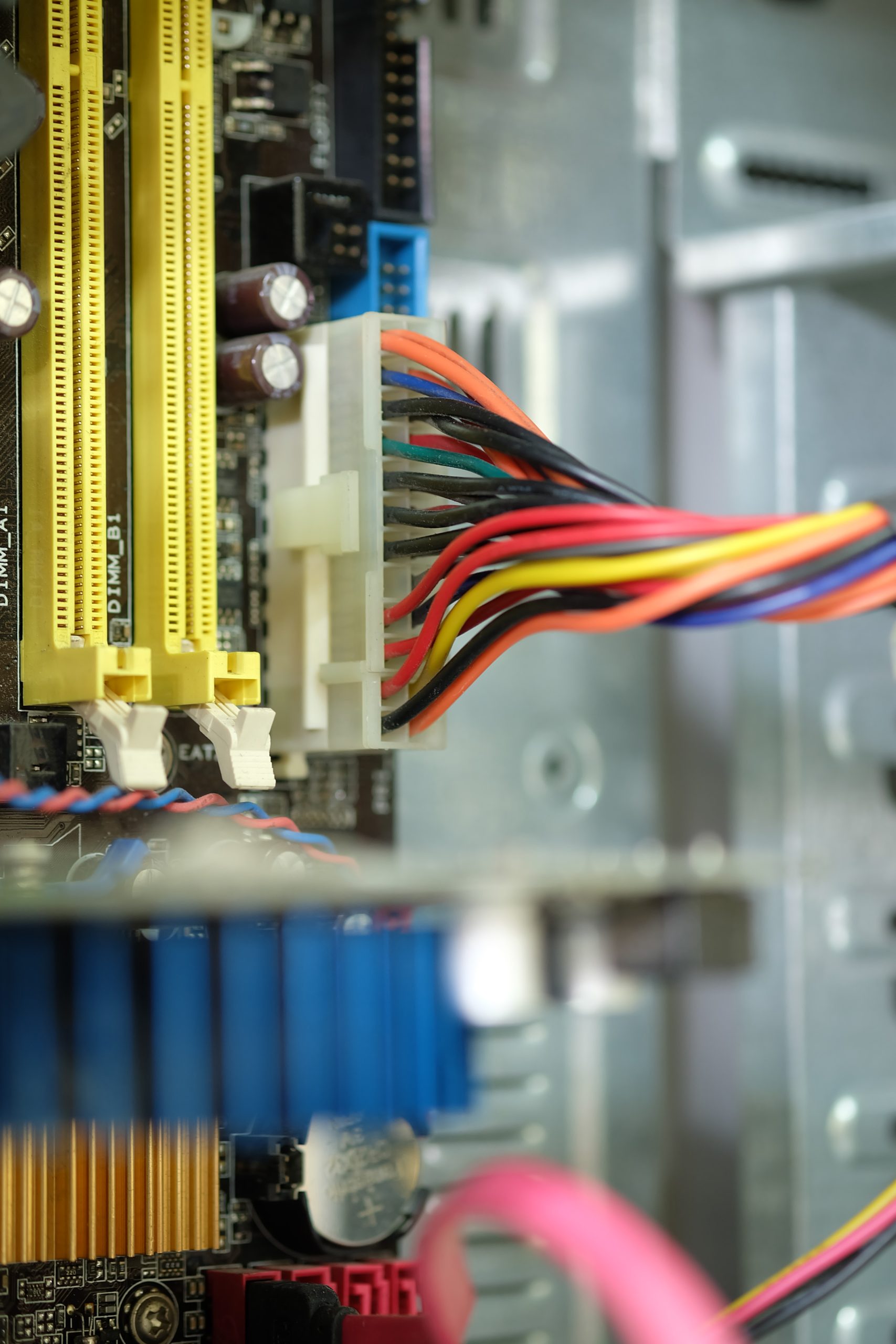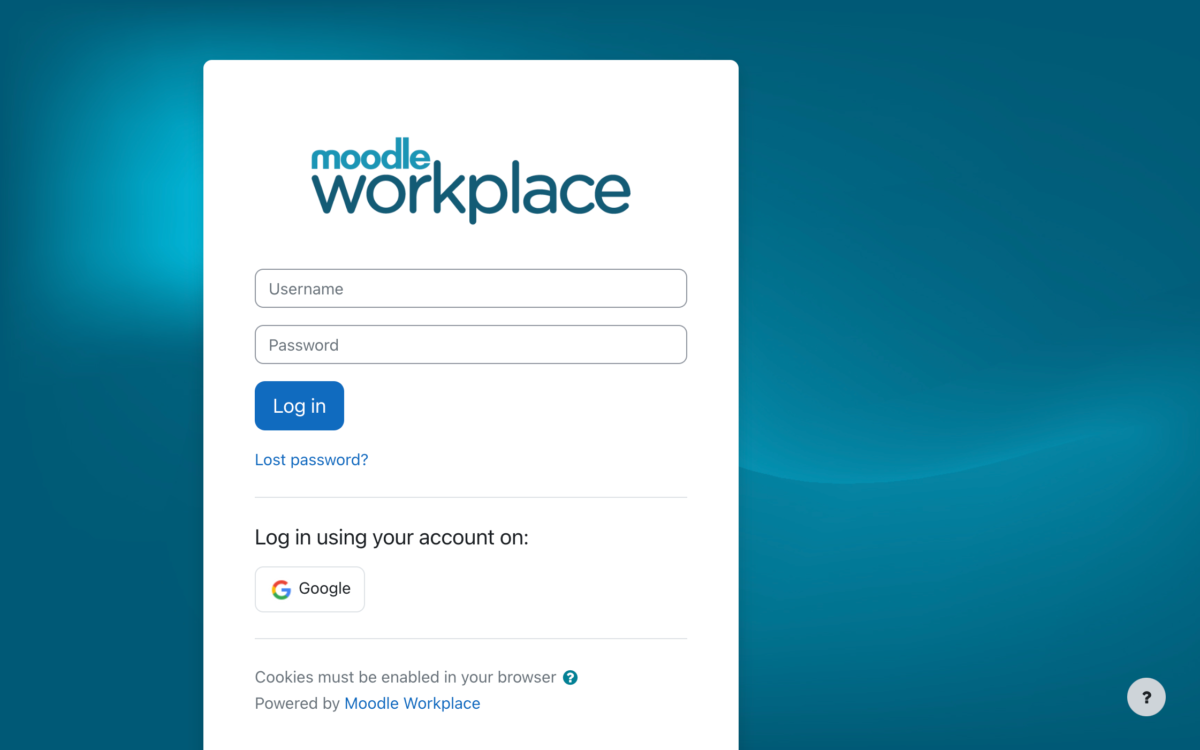AI and Education Accessibility
Artificial Intelligence (AI) has the potential to revolutionize the education system by improving accessibility and quality of education globally. It can provide personalized learning experiences, improve academic outcomes, and reduce the cost of education. AI can enhance the accessibility of education by catering to the needs of diverse learners and providing educational resources for remote areas. The integration of AI in education can create a more inclusive and equitable education system.
Leveraging AI for Quality Education Delivery
Personalized Learning
AI can provide personalized learning experiences by analyzing students’ learning patterns, strengths, and weaknesses. This approach can help teachers to tailor instructional delivery and adapt the curriculum content to meet students’ individual needs. AI tools like chatbots and virtual assistants can provide instant feedback and support to learners, which can increase engagement and motivation towards learning. Personalized learning can also enable students to learn at their own pace, leading to better academic outcomes.
Intelligent Tutoring Systems
Intelligent Tutoring Systems (ITS) can be an effective way to improve students’ academic performance. ITS uses AI to provide personalized and adaptive guidance to students. It can monitor the students’ progress and provide feedback on their performance, which can help students to improve their learning outcomes. ITS can also reduce the workload of teachers by automating routine tasks and freeing up their time to focus on more critical tasks like student engagement and assessment.
Digital Content Creation
With the help of AI, educational materials can be created, designed, and customized according to the needs of students. AI tools such as Natural Language Processing (NLP) can analyze students’ written work and provide feedback on grammar, style, and content. AI-generated content can also adapt to students’ learning styles, making the learning process more engaging and effective. AI can also facilitate the translation of educational content into different languages, making it accessible to students globally.
In conclusion, AI can be a powerful tool to improve the accessibility and quality of education. From personalizing learning experiences to creating digital content, AI can enhance the learning process for students and teachers alike. However, it is essential to ensure that the integration of AI in education is ethically responsible, inclusive, and equitable. With proper implementation, AI can help to create a more inclusive, equitable, and effective education system that benefits learners of all backgrounds and abilities.







